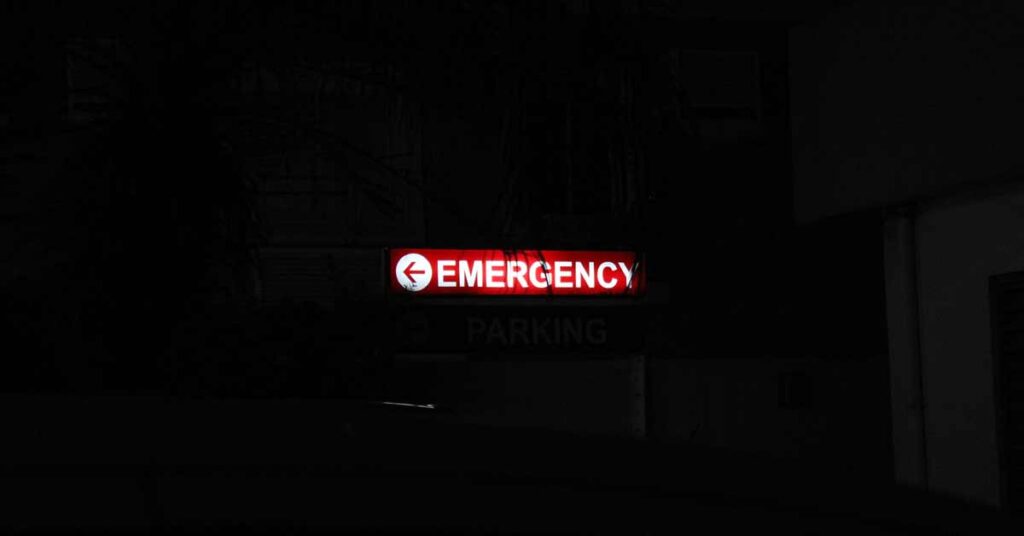Life has a bad habit of throwing problems at us when we least expect them. Being prepared with an emergency fund is one of the best ways to weather the storm. But how much cash should you set aside for a rainy day?
Before we answer that question, let’s first discuss why it’s important to have an emergency fund.
A lot of people save for something specific, such as a car or a deposit for a home. But not as many save for emergencies. In fact, one in five Aussies don’t have any emergency savings, while only one in three have enough savings to tide us over for six months.
An emergency fund ensures you have money available for unforeseen events, such as:
- Car repairs
- Medical expenses
- Household emergencies
- The loss of your job
When you have money set aside for an unexpected crisis, you won’t have to resort to using your credit card or borrowing money, thereby accumulating debt.
How much should you have in an emergency fund?
There is no set answer as to how much to save, but a general rule is to have enough savings to cover your regular expenses for three to six months. If you can cover up to 12 months, even better.
Choose an account, like a liquid savings account, that allows you to access your money quickly. Alternatively, if you have a home loan, you can channel your savings into the redraw facility or a linked offset account.
Building an emergency fund takes time. If you can’t save hundreds every month, then start small. Even if it’s only $20 a week – in a year you’ll have $1,040 in the kitty. As you reduce debt or earn more, you can increase it.
Once you’ve built a healthy emergency fund, it can be helpful to put in place guidelines as to when and how to use it. You may choose to dip into it only when you don’t have enough money available in your everyday banking account or when expenses are above a certain amount. For example, when car repairs amount to over $1,000.
4 ways to maximise your emergency savings
1. Have a savings goal
There are two ways you can approach a savings plan. You can decide on a percentage you want to put away each month – e.g. 10%, 15% or 20%. Or you can set a specific amount. Let’s say you want to reach $2,000 in six months – in that case, you’ll need to save $330 each month.
2. Set up automatic transfers
Don’t rely on willpower alone to save, because you might be tempted to spend money elsewhere rather than move it into your savings. Setting up an automatic transfer helps avoid this. Remember, out of sight, out of mind – when the money isn’t in your transaction account, you’ll be less likely to spend it.
3. Top up your emergency fund with any additional money
Sold an asset or received a tax return, inheritance or any other windfall? You can quickly boost your emergency savings by transferring one-off windfalls into your emergency fund.
4. Leverage your home loan’s offset account
An offset account is a transaction account linked to your home loan. The balance in that account is offset against your loan balance, reducing the amount of interest you get charged. By putting your emergency savings into an offset account, you have immediate access to that money should you need it; and, if you don’t, you benefit from paying less interest on your home loan.







